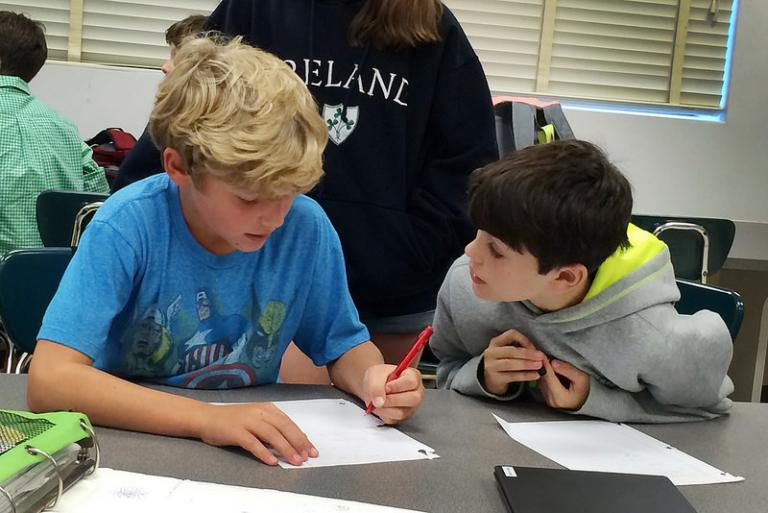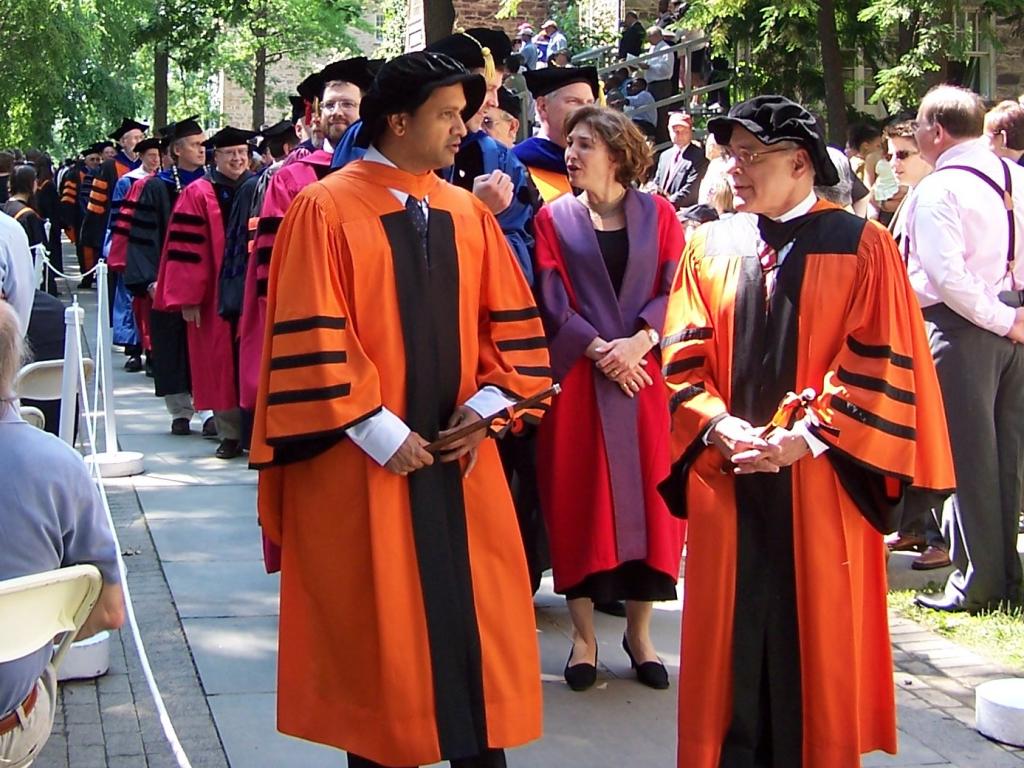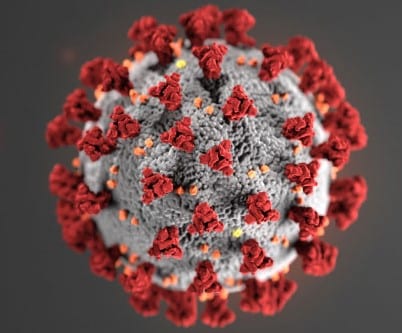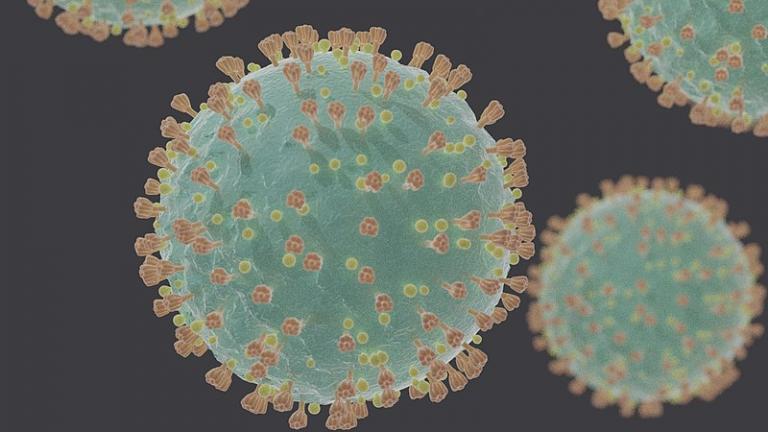
Schools are closed.
Depending on what part of the country you’re in, they’re closed ’til April 30, or closed for the rest of the year, or nominally closed til April whatever-th but, let’s face it, that’s gonna be extended. And depending on the school district, the kids are doing “e-learning,” or they’re working on workbooks with parental guidance, or neither of the above. And depending on the family situation, they’re being supervised/nagged by parents, being directly instructed by those parents, or, again, neither of the above, if those parents are unwilling or unable — which I imagine can occur for a number of reasons, from their own lack of understanding of the subject matter, to the need to work and leave the kids in a “child care” arrangement (for instance, the state of Illinois is running an “emergency child care program” for essential workers, which also includes school aged kids, but I have no particular reason to believe these programs will work with children out of school on their lessons).
So when school resumes, how far behind will the non-instructed kids be? Will they have lost two months — not great, not the end of the world? Or will they be set back by much more?
It seems to me this would all hinge on the degree to which the school has individualized learning, so that students can continue learning at their own pace, possibly catching up during the summer, possibly by putting in “overtime” during the school year. But if a system is one-size-fits-all, so that the only way to accommodate kids who missed two months, is to restart them at the beginning of the year, then the harm will be all the greater — and if “the system” shrugs off their deficits as unavoidable, leaving them unaddressed, it will never be remedied.
What concrete actions are schools taking, in cases where the usual lesson plans can’t be delivered online? It seems to me that there could be some alternate remedies, by schools focusing on trying to maximize the activities that can be done at home, then adopting highly individualized instruction in the fall to pick up the deficits. Perhaps younger grade school kids could be tasked with the rote learning of basic math facts even if the curriculum called for something different. Parents could be called on to set aside lots of independent reading time, and schools could provide books. (Heck, I think it was a mistake to have closed libraries as “inessential”!) Kids could be asked to write daily, even if there’s no one to correct mistakes. Then groups of kids who have stayed on pace or improved with some of these skills could be given double-doses of science and social studies in the fall.
Of course, a further difficulty is that the official guidance of the Illinois State Board of Education that students in no way be penalized in terms of grades and credits for any shortfalls in their “e-learning” work. Essentially it means that only grades which exceed the student’s pre-closure average are included in the average. And I acknowledge that they don’t want to cause students harm, but it’s such a “credentializing” mindset that says that the benefit kids get from schooling is the diploma/college admission at the end, rather than actual learning, that risks the system deeming particular kids as not needing any help as long as they are “on track” grade/credit-wise. (Here’s a not-helpful link: https://www.isbe.net/Pages/covid19.aspx. Somewhere on this page is a further link to a document which gives this instruction.)
And I write with no illusions that educators are waiting for recommendations from a small-time blogger. (Hmmm. . . maybe I will write a further blog post about libraries, though.) I’m mostly just thinking out loud about the inflexibilities of our education system, and whether there’s any way to solve that, and inviting reader comment. What do you think, and what have you seen?












